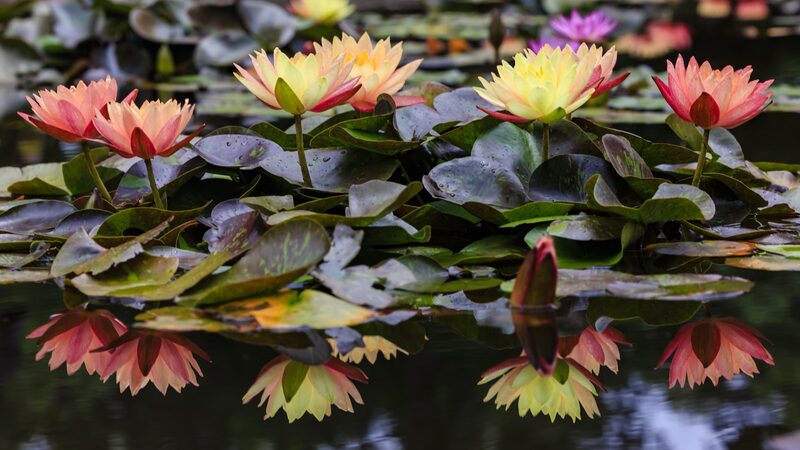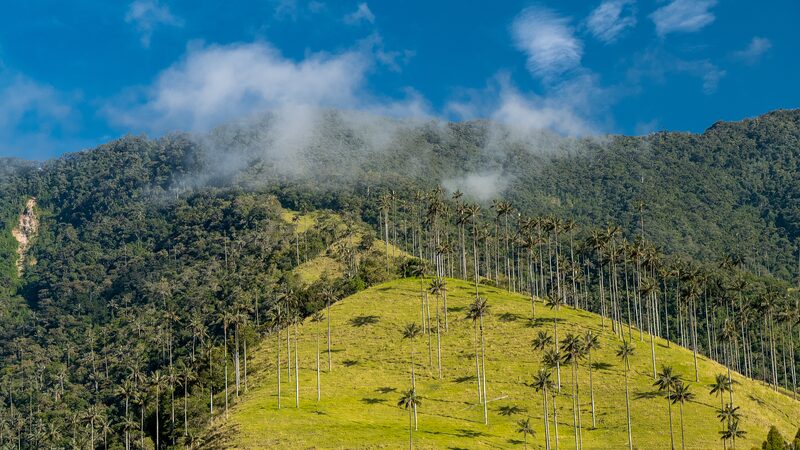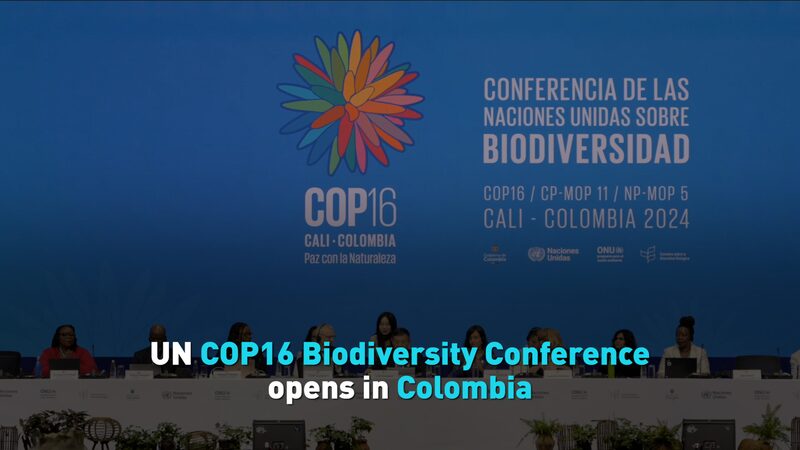As global leaders gathered at COP16 to tackle biodiversity loss, Indigenous communities emerged as key players in the fight to protect our planet. 🌱 Their traditional knowledge and sustainable practices are now being recognized as critical tools to combat environmental crises—but many say their voices still aren’t heard enough.
🔊 Why it matters: Indigenous peoples manage over 25% of the world’s land, safeguarding 80% of Earth’s biodiversity. Yet, their inclusion in policy talks often feels like an afterthought. At COP16, experts pushed for clearer frameworks to integrate their perspectives into global conservation strategies.
💬 From the ground: \“We’ve protected these ecosystems for generations,\” shared one Indigenous delegate from the Amazon, who asked to remain anonymous. \“Now it’s time for decision-makers to listen—not just invite us as tokens.\”
🌐 The bigger picture: While COP16 highlighted success stories like community-led forest restoration in Indonesia, gaps remain in funding and legal recognition. Activists urge nations to move beyond promises and create binding agreements that empower Indigenous guardianship.
📡 CGTN correspondent Michelle Begue reports that this year’s summit saw unprecedented Indigenous participation, but advocates stress: representation ≠ impact. The real test? Turning dialogue into action before species vanish forever. 🦋
Reference(s):
cgtn.com



